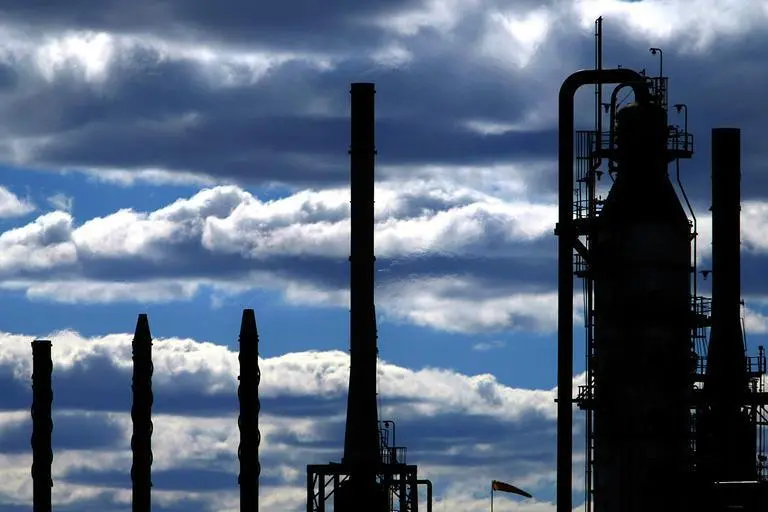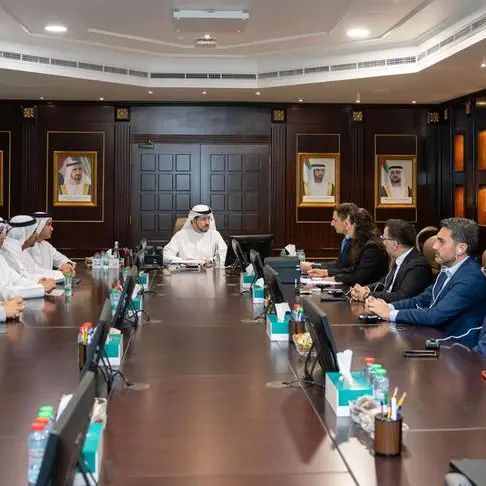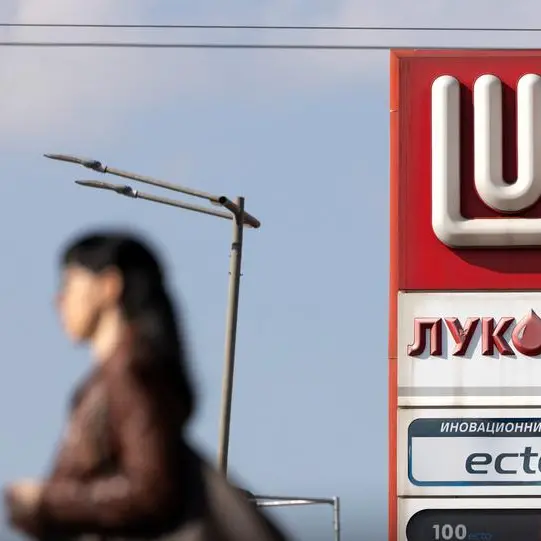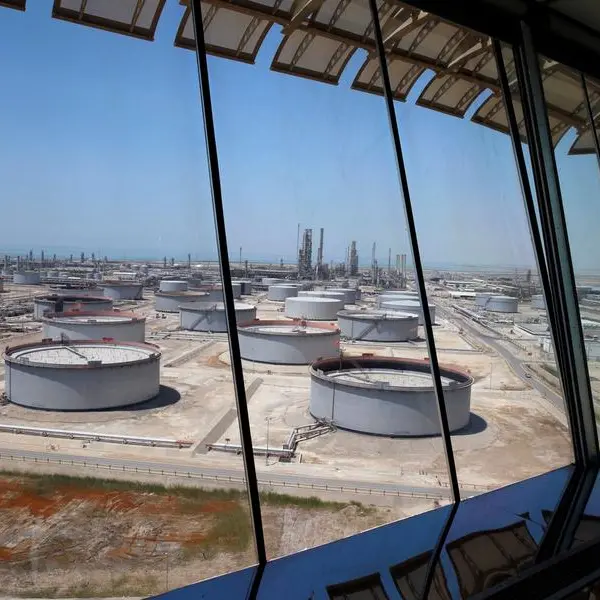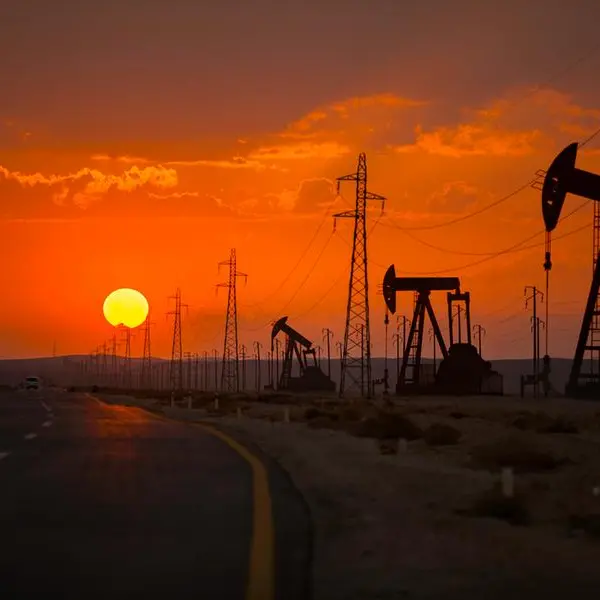PHOTO
Austria's OMV said it aims to become carbon neutral by 2050 at the latest as it shifts away from producing oil and gas to making specialty chemicals, plastics and sustainable fuels.
OMV is following other oil and gas companies in Europe, including Shell and BP, in setting a net zero carbon target by 2050, including emissions from the use and burning of its products by customers.
Shares in OMV were 4.8% lower at 41 euros by 1127 GMT on Wednesday, underperforming an index of European oil and gas companies which was down less than 1%, on its forecasts.
OMV said it expects a clean current cost of supplies (CCS) operating result of at least 6 billion euros ($6.6 billion) by 2030, the same level as record earnings last year.
The company said it is targeting an increase in the production of sustainable fuels and chemical raw materials to 1.5 million metric tonnes per year by 2030, including 700,000 tonnes of sustainable aviation fuel.
By 2030 OMV said it aims to reduce crude oil production by around 30% and natural gas production by about 15%. By 2050, it wants to have wound down its oil and gas production, which is due to reach 470,000 barrels of oil equivalent per day in 2022.
"More chemicals, less upstream, more sustainable targets. However, the lack of change in the capital returns framework and the structural increase in capex towards €3.5 billion will disappoint," Jefferies analysts said.
The majority owner of chemicals group Borealis said it wants to become a leading maker of plastics for the energy, car, packaging, health and construction sectors and it will eventually depend on renewable feedstocks not oil.
It hopes pilot projects on non-crude oil feedstocks such as used cooking oil, CO2, waste and recycled fossil oil will deliver future production. Unlike many European rivals, OMV will not invest in renewable power.
While other western energy groups apart from France's TotalEnergies have announced exits from Russian assets, OMV is still deliberating whether it will sell its stake in the Siberian Yuzhno Russkoye gas field.
It is booking write-downs of 1.5-1.8 billion euros on its Russian projects, including its investment in the Nord Stream 2 pipeline, which Germany has blocked over Russia's actions.
OMV plans annual investments (capex) of 3.5 billion euros per year, at least 40% of which is intended for low-carbon products. Last year, it spent 2.65 billion euros.
($1 = 0.9122 euros)
(Reporting by Alexandra Schwarz-Goerlich and Shadia Nasralla; Additional reporting by Miranda Murray; Editing by Jane Merriman and Alexander Smith)
